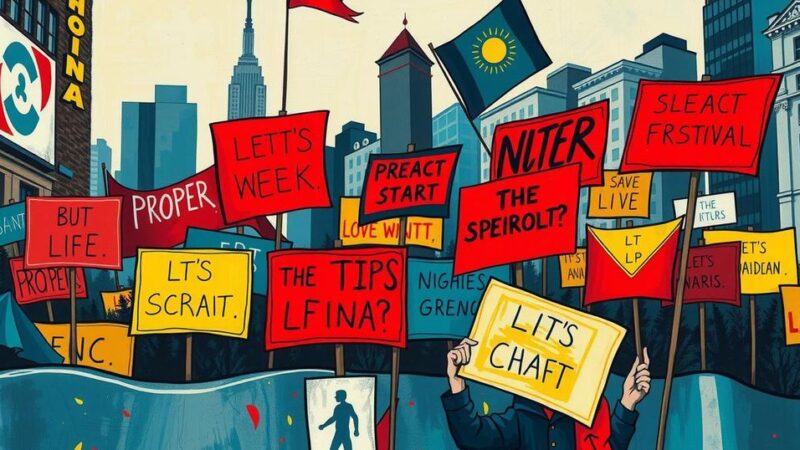President Umaro Sissoco Embalo of Guinea-Bissau announced his candidacy for a second term, reversing his previous commitment to step down. This development comes amid opposition claims regarding the duration of his current term and dissatisfaction over postponed elections. Embalo’s decision may intensify political tensions as he prepares for the November elections, which have already faced delays due to technical and financial hurdles.
On Monday, Guinea-Bissau’s President Umaro Sissoco Embalo announced his decision to seek a second term in the upcoming elections scheduled for November. This announcement marks a significant shift from his previous commitment to step down, which had raised questions about the timing of his current term and postponed elections. During his recent return from a diplomatic trip to Russia, Azerbaijan, and Hungary, Embalo stated to reporters at the airport, “I will be a candidate in my own succession.”
The political landscape in Guinea-Bissau remains contentious, particularly regarding the duration of Embalo’s five-year term that commenced in 2020. The opposition asserts that his term expired at the end of February, while the country’s Supreme Court has ruled that it will conclude on September 4, 2025. This discrepancy has fueled political unrest in the nation, which has a history of coups since gaining independence from Portugal in 1974.
Further complicating matters, President Embalo announced that presidential and legislative elections would be postponed until November 30, 2024, due to technical and financial challenges. This delay has created dissatisfaction among various political factions, prompting the President to assert, “I will talk to the political parties first about the forthcoming elections, and then I will issue a presidential decree.”
President Embalo, a former army general, has experienced significant political challenges during his tenure, claiming two attempted coups in December 2023 alone. Initially, he had expressed reluctance to pursue a second term, citing advice from his wife against such a decision. As he prepares for his re-election campaign, the country’s political climate is anticipated to remain unstable, reflecting the ongoing struggles of governance in Guinea-Bissau.
As President Embalo reconfigures his political trajectory, the implications of his candidacy are significant, potentially exacerbating existing tensions with the opposition and within the national electoral framework. The summer months leading up to the elections will be critical in determining the response from opposition parties and the broader populace, which remains critical of the current administration’s governance.
In summary, President Umaro Sissoco Embalo’s reversal on stepping down and subsequent bid for re-election signals continued political turbulence in Guinea-Bissau. His administration faces challenges regarding constitutional interpretations of term limits, postponed elections, and increasing opposition discontent.
In conclusion, President Umaro Sissoco Embalo’s decision to run for a second term highlights a pivotal moment for Guinea-Bissau as it navigates a complex political landscape. His candidacy raises questions regarding the legitimacy of his current term in the face of opposition claims and Supreme Court rulings. As the elections approach, the nation will contend with the ramifications of delayed electoral processes and ongoing political tensions, emphasizing the necessity for stable governance in this coup-prone country.
Original Source: eastleighvoice.co.ke






